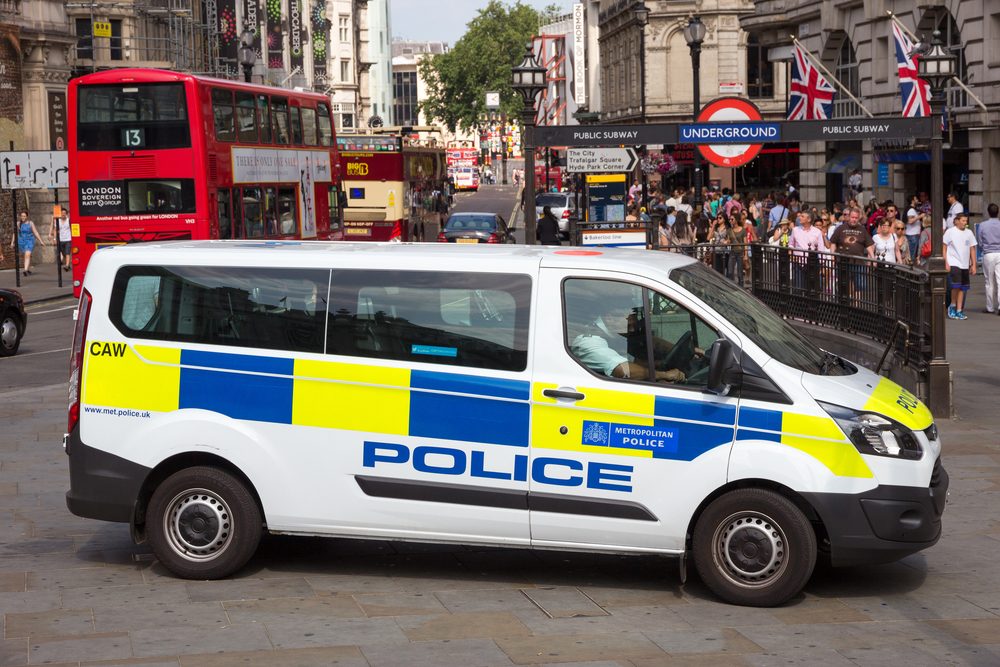The number of court summons and charges for those arrested for hate crimes has plummeted, despite hate crime reports doubling over the last five years.

A Freedom of Information request by the BBC’s 5 Live has found that despite the rise in homophobic hate crime reports the number of people actually going to court to face justice has fallen by 10 per cent, meaning that fewer people are being prosecuted for homophobic hate crimes, despite police calling on victims to come forward and report incidents.
The report also found that the number of reports soared from 5800 in 2014/15 to over 13,000 reports in the last year.
But the number of cases that led to charges or court summons fell by 10% over the same time period.
A BBC Radio 5 Live Freedom of Information (FOI) request found that 13,530 people were recorded as the victims of homophobic hate crimes in the last financial year, compared to around 5800 in 2014/15.
Over the same period, the number of people actually being charged or issued with a court summons fell from 1157 (20% of complaints) to 1058 (just 8% of complaints), meaning just a small fraction of those arrested for a hate crime actually land up in court or being charged with the offense.
A hate crime is defined as “any criminal offence which is perceived, by the victim or any other person, to be motivated by a hostility or prejudice”.
5 Live Investigations sent a Freedom of Information request to 46 police forces across the UK and received full responses from 38.
Data from Police Scotland was only partial and not included in the analysis.
The National Police Chiefs’ Council said that many of these crimes involved no witnesses and a lack of evidence.

“Police will investigate crime reports and will pursue action against those responsible where there is evidence to do so”
A spokesman for the National Police Chiefs’ Council said: “Targeting someone because of their sexuality is completely unacceptable. It undermines our fundamental human right to feel safe and can have a devastating impact on victims and the wider community.
“Police will investigate crime reports and will pursue action against those responsible where there is evidence to do so. Unfortunately, with many cases, there are often no witnesses to these crimes and scarce evidence – this may lead to police being unable to identify a suspect,” he said.
Different parts of the country have seen more dramatic rises in reported crimes, according to the figures.
Both West Yorkshire and South Yorkshire Police have seen reports homophobic hate crimes increase five-fold
In West Yorkshire, there were 961 reports and in South Yorkshire, there were 375 reports over the past five years.
The proportion of crimes that resulted in a charge or summons, however, fell over the same time, from 19% to 4% in West Yorkshire and from 10% to 3% in South Yorkshire.
Two of Britain’s largest police forces, the Metropolitan Police and Greater Manchester Police, have also seen an increase in the number of reported crimes, while the number of cases that led to charges or summonsed fell by around a third, to 165 and 50 respectively, over the past five years.
A spokesman from the Metropolitan Police said, “We recognise that our sanction detection rates have fallen … as many of these non-violent offences present less evidential opportunities and victims often feel that there is a barrier between bringing the matter to court and prefer to make police aware of each offence.”
“We are committed to improving our total number of sanction detection rates and successful prosecutions and continue to remind communities to report hate crimes even if they do not want to go to court as it helps the police to provide a true picture of the abuse,” he added.
Listen to BBC Radio 5 Live on Wednesday 11 September from Breakfast at 6 am and all day for further details.



